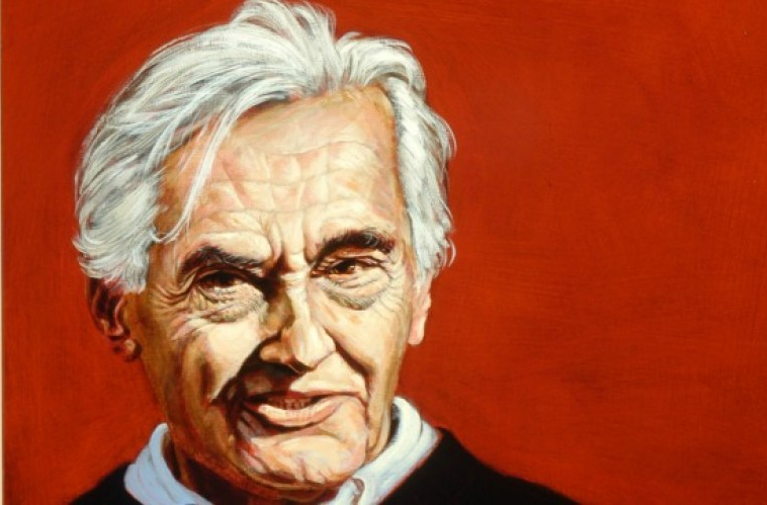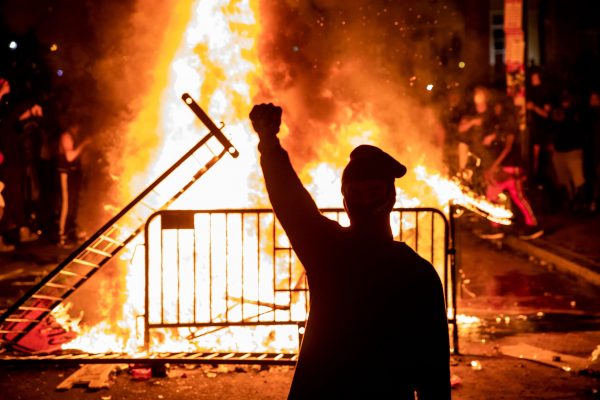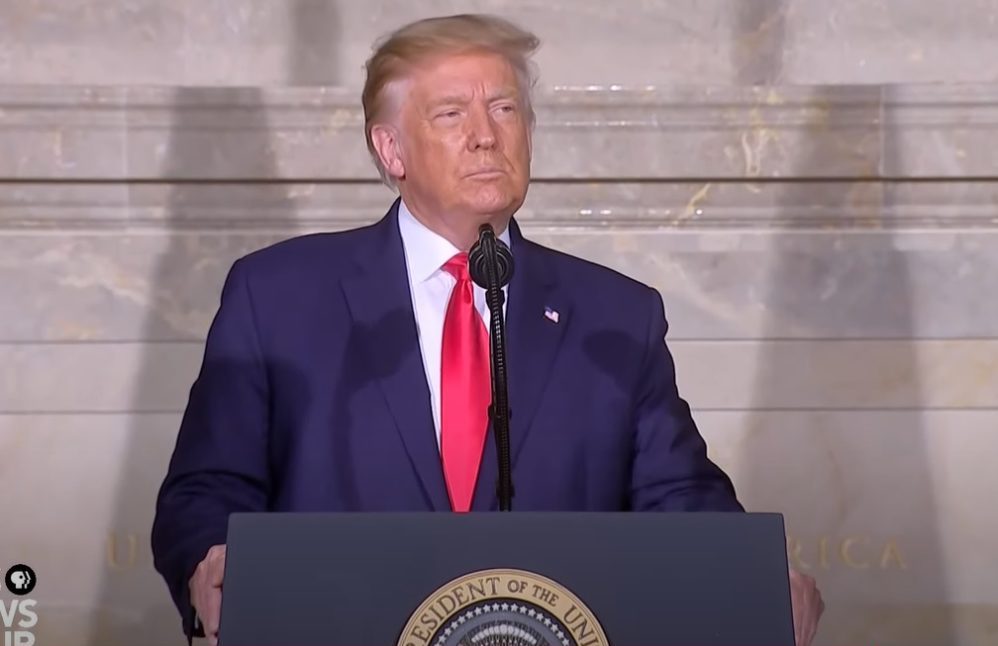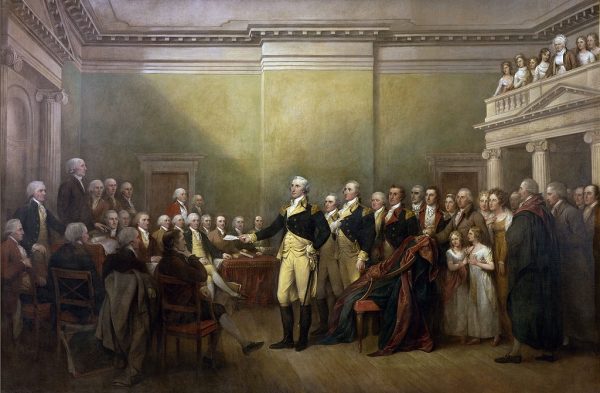Self-criticism, Progressivism, and post-modernism.
The Howard Zinn Riots

Dishonest history begets political violence.
Since 1980, when it was first published, Howard Zinn’s A People’s History of the United States has been spreading the idea that the United States is irredeemably corrupt.
This book is fake history, based on falsified evidence, misquotations with critical words left out, and plagiarized disreputable sources.
Yet, a record-breaking 3 million copies have been sold, over 100,000 educators have signed up at the Zinn Education Project, and over 300,000 follow it on social media. It is widely used in Advanced Placement U.S. History high school classes and in teacher education programs. It is quoted in school books. In Portland, Oregon, and surrounding areas, for several years now, A Young People’s History has been used in all eighth-grade classrooms.
Zinn claims other historians have not told the truth about the atrocities committed by Columbus on down. People reading it cry and get angry, sometimes taking to the streets.
The Zinn book was the most popular book for Occupy Wall Street protestors, awards are given to organizers of Marxist groups in Zinn’s name, and the Antifa member who tried to blow up an ICE detention facility left behind a manifesto with the parenthetical note, “see howard zinn, ‘a people’s history of the united states'” (sic).
This is not to say that every protestor out there knocking down statues, burning buildings, or attacking police has been directly inspired by Zinn. But after 40 years of continuous publication, I think it’s safe to say that Zinn’s book has had some influence.
Zinn’s book is full of the ideas that are inspiring riots this year, such as “systemic racism,” “wealth inequality,” and “police brutality.”
First, Zinn writes, “there is not a country in world history in which racism has been more important, for so long a time, as the United States” (23).
Zinn describes our founding in this way: “Around 1776, certain important people in the English colonies…found that by creating a nation, a symbol, a legal unity called the United States, they could take over land, profits, and political power from favorites of the British Empire. In the process, they could…create a consensus of popular support for the rule of a new, privileged leadership” (59).
Zinn writes that the American “system” of government is so corrupt, neither the Civil War nor the Civil Rights Movement did much for black Americans.
Peaceful protest, civil rights laws, and voting, in Zinn’s book, do not work. Police brutality, Zinn claims, is “’normal’” and “endlessly repeated in the history of the country, coming randomly but persistently out of a racism deep in the institutions, the mind of the country” (463).
Zinn writes that “the system”—a phrase appearing 168 times in the book—“was working hard, by the late sixties and early seventies” to stop the political and economic advance of black Americans. (465).
This, in a nutshell, is the idea of systemic racism: that racism is built into the very fabric of our system of American institutions, and that positive change in our society cannot be realized through traditional liberal democratic measures, like lawmaking, voting, or even peaceable assembly.
The logic follows: the American system must be overthrown.
That is what we are seeing in Portland, Rochester, Minneapolis, and cities across the USA.
Thank you.
The American Mind presents a range of perspectives. Views are writers’ own and do not necessarily represent those of The Claremont Institute.
The American Mind is a publication of the Claremont Institute, a non-profit 501(c)(3) organization, dedicated to restoring the principles of the American Founding to their rightful, preeminent authority in our national life. Interested in supporting our work? Gifts to the Claremont Institute are tax-deductible.
History sustains us when our ties to one another become frayed.
America's young people are miserable and angry. Universities are to blame.
The 1619 Project isn't the only curriculum turning students against America.
Our heroes will never be forgotten.
Revisionism disrespects students and undermines our regime.






